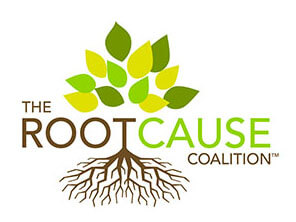Rising Costs and Daily Tradeoffs: The Reality of Health Inequities
Rising Costs and Daily Tradeoffs: The Reality of Health Inequities
Each month, The Root Cause Coalition conducts a public insights survey to gauge attitudes, perceptions and experiences with a variety of social determinants of health issues.
Each month, The Root Cause Coalition conducts a public insights survey to gauge attitudes, perceptions and experiences with a variety of social determinants of health issues. The findings help inform our advocacy, communications and priorities. This month’s survey focuses on individual tradeoffs and challenges people face in the wake of rising costs. Below is a sampling of the key findings. Click HERE to view the full report including demographic distinctions.
- Nearly 9 in 10 Americans think about the cost of items and services they purchase at least some of the time
Nearly one-third of Americans say they feel extremely anxious about their personal financial situation while just 8% say they are not anxious at all
- Two out of five Americans say their personal financial situation is somewhat or much worse than it was a year ago
- More than 4 in 5 Americans say that the increased cost of goods and services have impacted their daily life choices
- More than half of Americans say that the increased cost of gasoline has had the most significant impact on their daily choices; not far behind is the cost of public transportation and food
- More than half of Americans say that the increased cost of goods and services has impacted their mental or physical health
- More than half say that the increased cost of goods and services has greatly impacted their ability to pay for gas; nearly 4 in 10 say it has greatly impacted their ability to buy food
- More than 4 in 10 say that they’re somewhat or very unhopeful that their personal financial situation will improve over the next six months
Methodology: 1,000 interviews among adults age 18+ were conducted from June 3-7, 2022 using an online survey. The results were weighted to ensure proportional responses. The Bayesian confidence interval for 1,000 interviews is 3.5, which is roughly equivalent to a margin of error of ±3.1 at the 95% confidence level.
